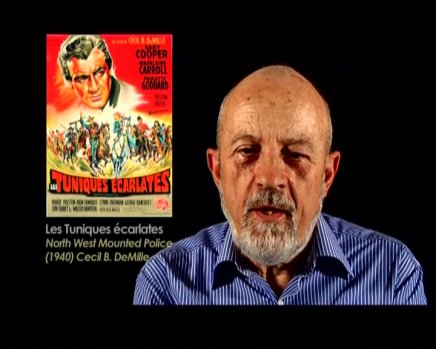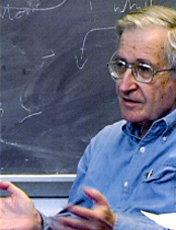This appeared in the Chicago Reader’s November 8, 2002 issue. –J.R.

Femme Fatale
*** (A must-see)
Directed and written by Brian De Palma
With Antonio Banderas, Rebecca Romijn-Stamos, Peter Coyote, Gregg Henry, Rie Rasmussen, and Eriq Ebouaney.

By my count, Femme Fatale is Brian De Palma’s 26th feature, and as I watched it the first time two months ago I found myself capitulating to its inspired formalist madness — something I’ve resisted in his films for the past 30-odd years. De Palma’s latest isn’t so much an improvement on his earlier work as a grand synthesis of it — as if he set out to combine every previous thriller he’d made in one hyperbolically frothy cocktail. So we get split-screen framing; bad girls; sweetie-pie male suckers; verbal and physical abuse; lots of blood; a melodramatic story stretched out over many years; slow-motion, lyrically rendered catastrophes; noirish lighting schemes favoring venetian blinds; it-was-all-a-dream plot twists; scrambled and recomposed plot mosaics; obsessional repetitions of sound and image; pastiches of familiar musical pieces (in this case Ravel and Satie); nearly constant camera movements; and ceiling-height camera angles. Best of all, we often get several of these things simultaneously. (One of the few De Palma movies for which he takes sole script credit, Femme Fatale is nothing if not personal.) Read more
This fairly recent (and much more recently updated) piece is a sequel to my earlier “À la recherche de Luc Moullet: 25 Propositions,” originally written and published in 1977. –J.R.
Moullet retrouvé

Almost thirty years have passed between my extended defense of Luc Moullet in Film Comment and the long-overdue launch of the first American retrospective devoted to this mainly comic French filmmaker, who’s also a critic. But it was worth the wait. In the spring of 2006, “Luc Moullet: Agent Provocateur of the New Wave,” including eight of his 32 films, showed up at Chicago’s Gene Siskel Film Center. And three years later, a complete Moullet retrospective was shown in Paris, accompanied by much fanfare, including the publication of a DVD featuring ten of his best short films, Luc Moullet en shorts, and three separate books: a lengthy interview with Emmanuel Burdeau et Jean Narboni (Notre Alpin Quotidien, 130 pages) and a long-overdue collection of his film criticism (Pige Choisies [De Griffith à Ellroy], 372 pages), both published by Capricci, and a study of King Vidor’s The Fountainhead (Le Rebelle de King Vidor: les arêtes vives), published by Yellow Now.
Moullet started out in the mid-1960s as a neoprimitive, brandishing his lack of technique while reflecting some of the tenderness of Francois Truffaut’s films of that period as well as some of the boorish satirical humor of Jean-Luc Godard’s. Read more
In my original review of this documentary, I cited and recommended some writing by Eliot Weinberger that three of my editors regarded as irresponsible and unreliable and therefore something that shouldn’t be mentioned, along with some of my own pronouncements. Readers who would like to judge this matter for themselves can read my unedited draft, which I’ve added below the published version. The edited version appeared in the February 7, 2003 issue of the Chicago Reader. — J.R.

Power and Terror: Noam Chomsky in Our Times
*** (A must-see)
Directed by John Junkerman.
As a work of cinema, John Junkerman’s documentary about Noam Chomsky doesn’t set the world on fire. The film is a prosaic compilation of interview footage of the linguist and political analyst in his office at MIT intercut with footage of him speaking in Palo Alto, Berkeley, and the Bronx last spring. He’s also shown chatting with students about U.S. foreign policy, the “war on terrorism,” and representations of both in the American media. Unlike Mark Achbar and Peter Wintonick’s Manufacturing Consent: Noam Chomsky and the Media (1992), a Canadian film that’s well over twice as long, Power and Terror: Noam Chomsky in Our Times doesn’t try to offer a comprehensive portrait of its subject or a wide-ranging survey of his thought. Read more




